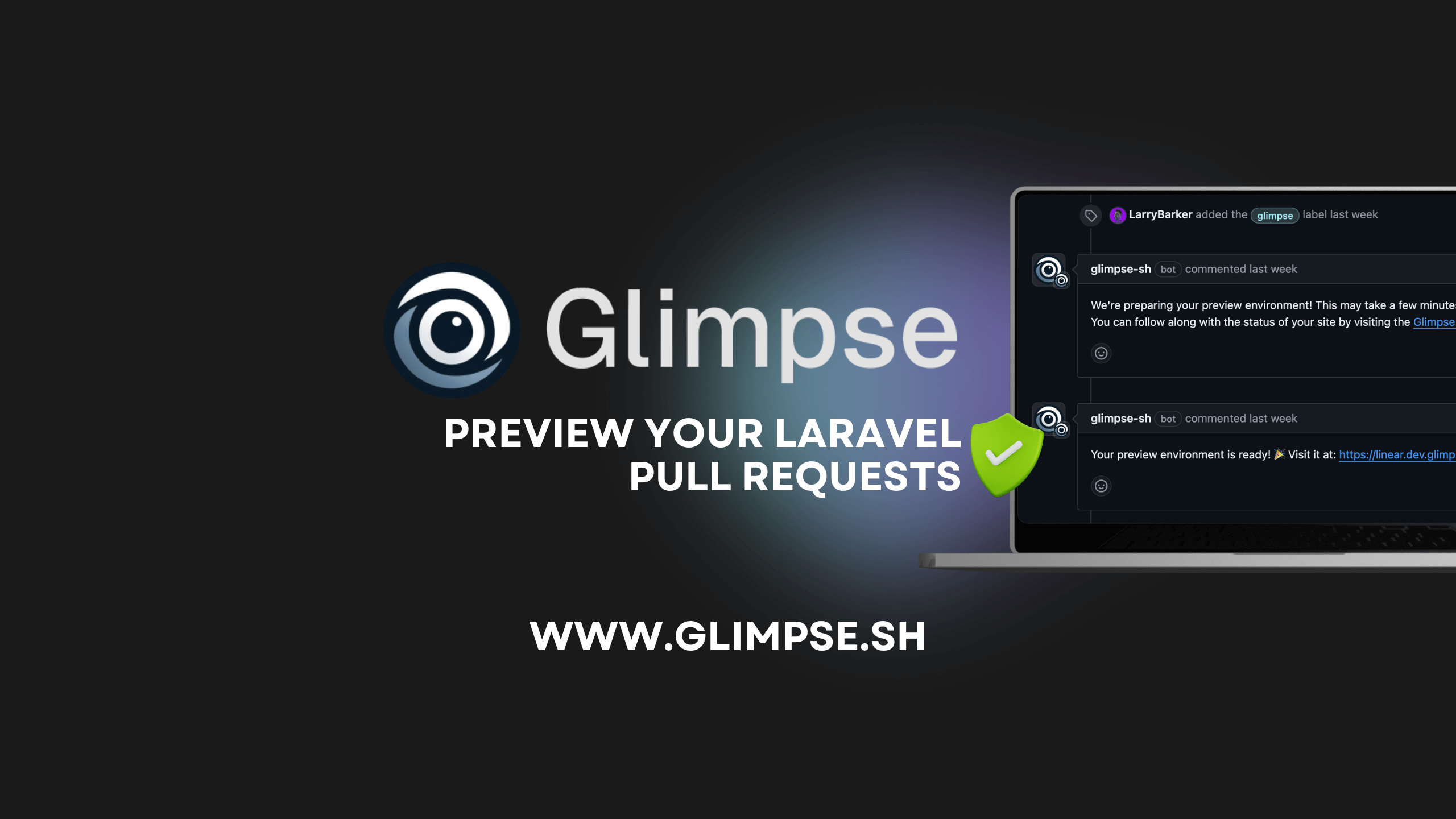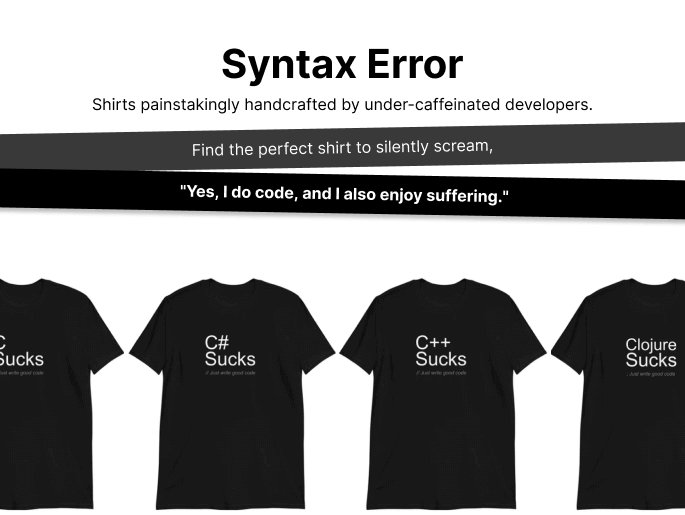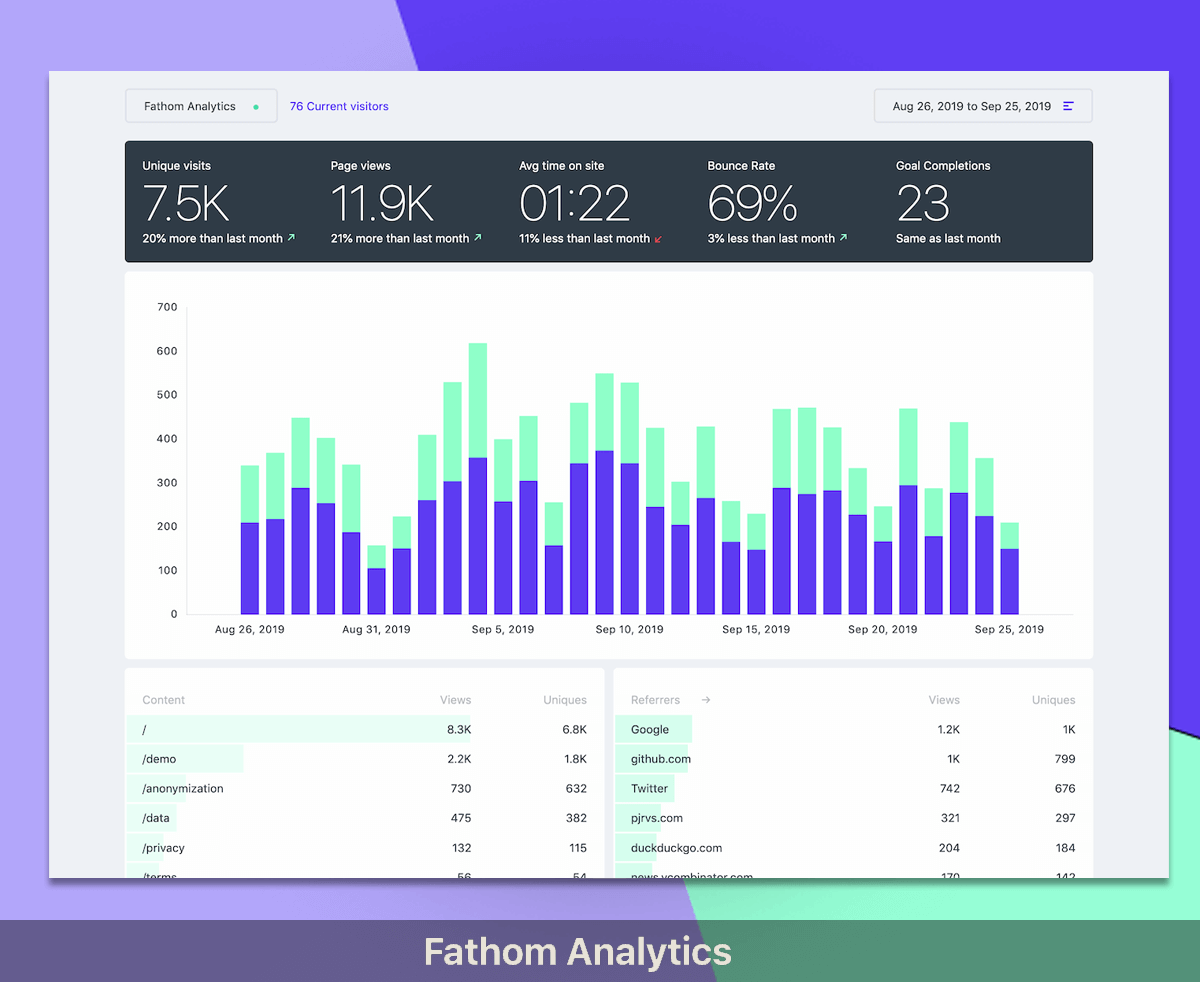Get the latest Laravel/PHP jobs, events and curated articles straight to your inbox, once a week
Source: freek.dev
How to test Laravel's invokable rules
Laravel 9 introduced a new way to create custom validation rules: https://laravel.com/docs/master/validation#using-rule-objects. It allows you to write a custom validation rule with only one method: __invoke.
This way of writing custom validation rules will become the default in Laravel 10.
Here's the custom expectation I came up with: expect()->extend('toPassWith', function(mixed $value) { $rule = $this->value; if (! $rule instanceof InvokableRule) { throw new Exception('Value is not an invokable rule'); } $passed = true; $fail = function() use (&$passed) { $passed = false; }; $rule('attribute', $value, $fail); expect($passed)->toBeTrue(); }); In this custom expectation, we'll invoke our rule and pass our own $fail closure to it.
Using this custom expectation, testing custom rules becomes easy.
This way of writing custom validation rules will become the default in Laravel 10.
Here's the custom expectation I came up with: expect()->extend('toPassWith', function(mixed $value) { $rule = $this->value; if (! $rule instanceof InvokableRule) { throw new Exception('Value is not an invokable rule'); } $passed = true; $fail = function() use (&$passed) { $passed = false; }; $rule('attribute', $value, $fail); expect($passed)->toBeTrue(); }); In this custom expectation, we'll invoke our rule and pass our own $fail closure to it.
Using this custom expectation, testing custom rules becomes easy.
Newsletter

Glimpse
Glimpse streamlines Laravel development by seamlessly deploying GitHub pull requests to preview environments with the help of Laravel Forge.
Laravel/PHP Careers





